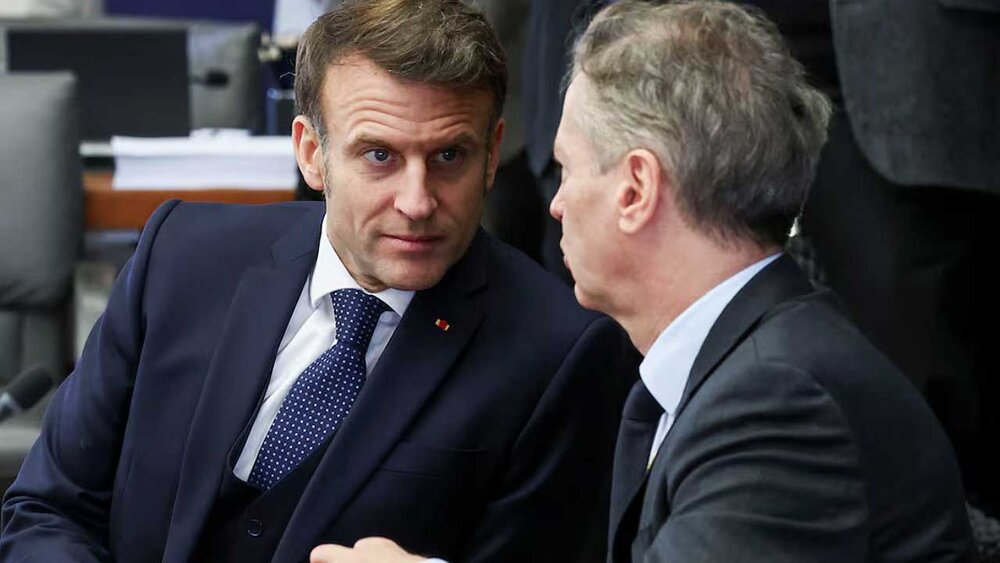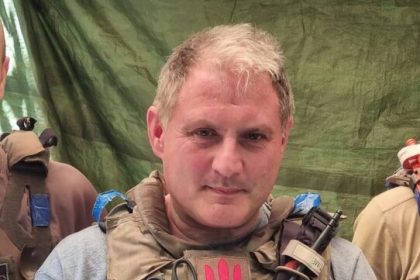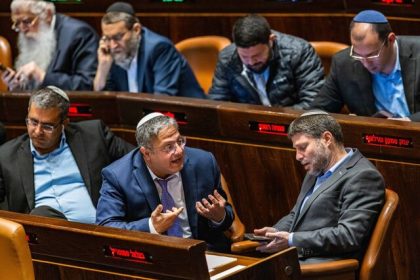EU lead leaders agree to increase military capability
EU leaders agreed on Monday to take further steps to strengthen their defense against Russia and other threats by increasing costs and filling in their military capabilities.
“There has been a lot of work done right now, but we have to do more,” said Antonio Costa, chairman of the European Council’s European Council, after the Brussels Defense Meeting. “We have to do it better, stronger, faster – and we have to do it together.”
However, European leaders have largely answered the question of how their planned military costs are funded.
European countries have increased their military spending in recent years in response to the Russian invasion of Ukraine in 2008 and this increasing view that they cannot rely on the continent in the coming years.
Their efforts have been reinforced by doubts about US President Donald Trump’s commitment to the NATO security coalition and his requests from European countries to defend the continent.
The beginning of the EU summit was also overshadowed by Trump, who announced that he would soon impose tariffs on imports from the European Union. He earlier announced similar tariffs on Canada -Mexico -China -made goods, and later canceled tariffs against Canada and Mexico temporarily for a month.
EU leaders have agreed to focus on filling vital gaps in their defense such as air and missile defense, missiles, ammunition and military transport, Reuters reported.
Leaders discussed how to finance such priorities, but did not reach a precise agreement.
However, the European Commission has agreed to seek flexibility in laws that oversee the public finance of EU countries to make military costs easier.
“Europe basically needs to increase the cost of defense,” European Commissioner Orrsula von Derbone told reporters after the summit. And for that, our defense industrial base must be strengthened. ” “For years, we have invested less in defense,” he said. So there is a great urgency to increase high -intensity defense costs. “
NATO Secretary -General Mark Route and British Prime Minister Kerry Starmer also participated in the Brussels talks.
Last year, EU countries spent 4.9 percent of GDP for military affairs or about 2 billion euros ($ 1.2 billion), which according to the EU estimate a 5 percent increase over year. He gives.
But many EU leaders have said they have to spend more. The European Commission, the EU executive body, estimates that the Union may require extra € 5 billion in the next decade to fill vital divisions in the European military.
Trump has said that NATO European members should spend 2 % of GDP on military affairs; A figure that none of the NATO members, including the United States, reach.
Von Dorbone and Costa said the EU has several potential options for military financing, including national costs, the widespread role of the European Union’s European Investment Bank, and private capital.
European leaders avoided addressing the sensitive political question as to whether the EU should issue joint debt to pay for military spending. Diplomats say borrowing may be a possible compromise instead of grants for military projects.
The end of the message
(Tagstotranslate) EU (T) Brussels (T) NATO (T) Donald Trump
News>RCO NEWS
RCO

















